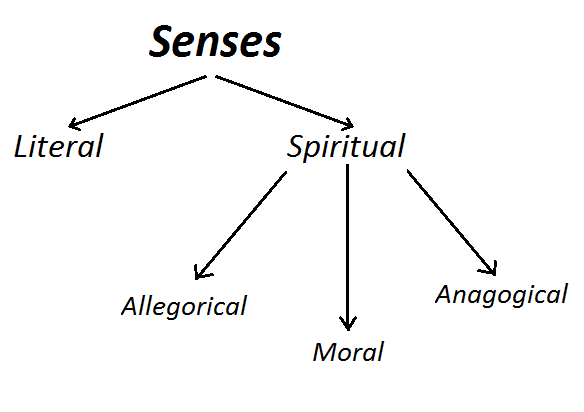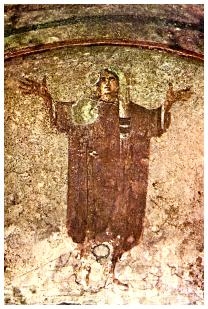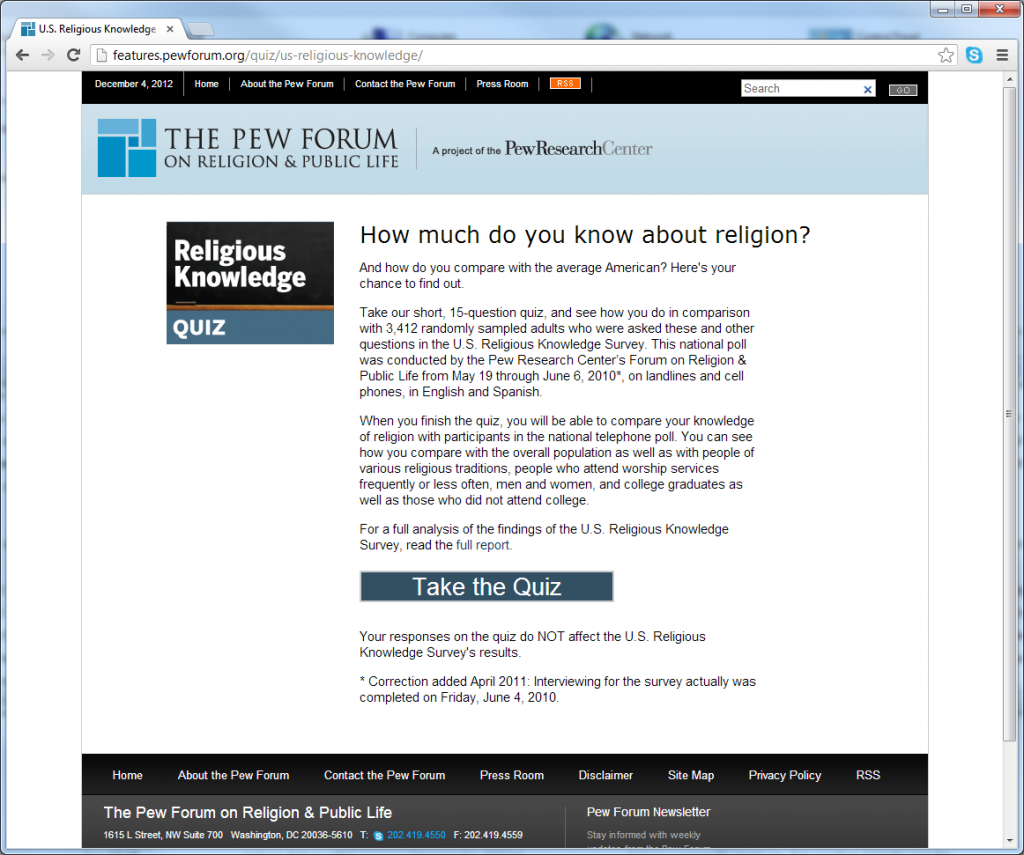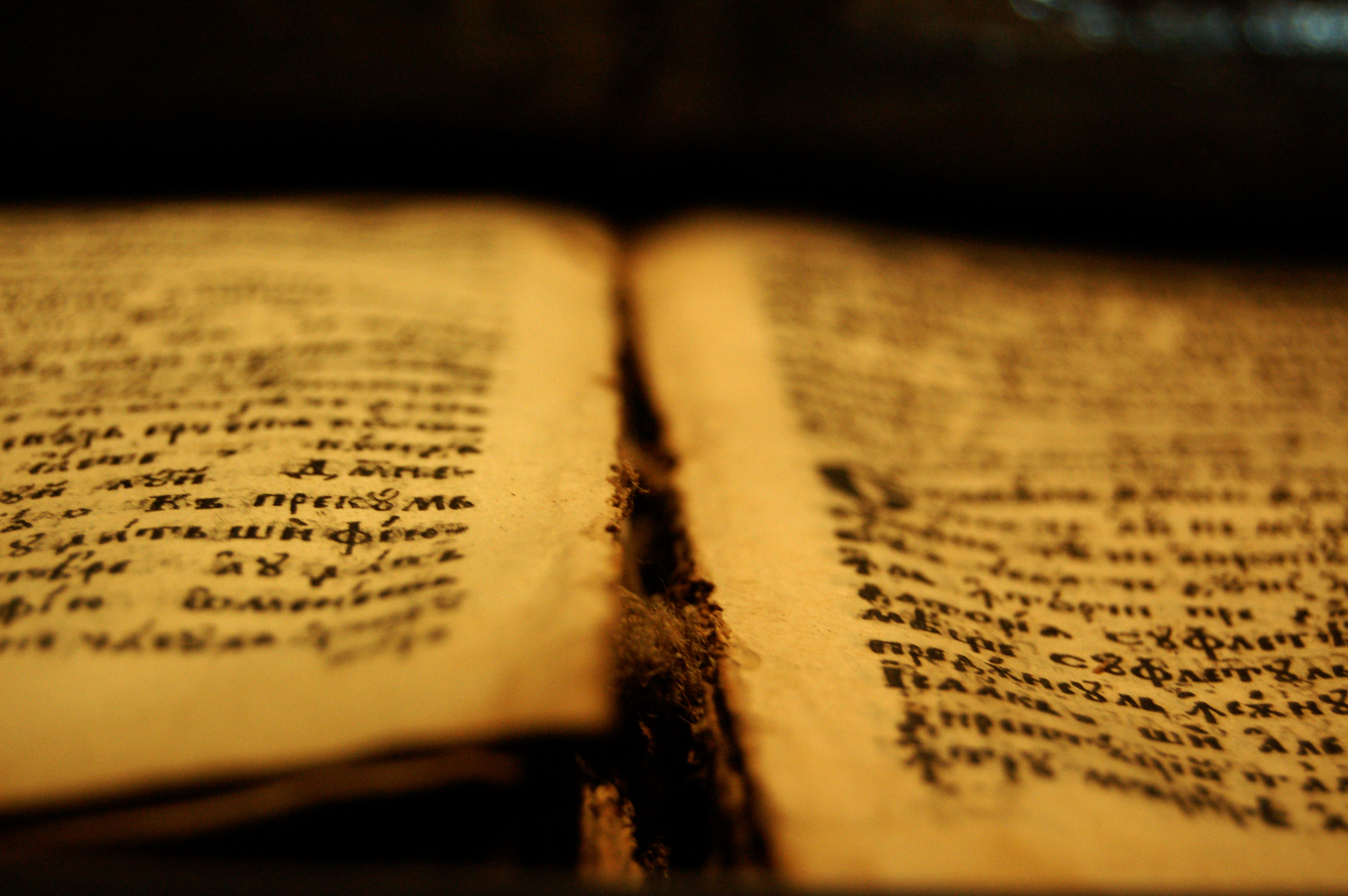 The Catechism of the Catholic Church offers three main guidelines for the interpretation of Scripture.
The Catechism of the Catholic Church offers three main guidelines for the interpretation of Scripture.
#112 (1) Be especially attentive “to the content and unity of the whole Scripture”. Different as the books which compose it may be, Scripture is a unity by reason of the unity of God’s plan, of which Christ Jesus is the center and heart, open since his Passover.
#113 (2) Read the Scripture within “the living Tradition of the whole Church”. According to a saying of the Fathers, Sacred Scripture is written principally in the Church’s heart rather than in documents and records, for the Church carries in her Tradition the living memorial of God’s Word, and it is the Holy Spirit who gives her the spiritual interpretation of the Scripture (“. . . according to the spiritual meaning which the Spirit grants to the Church”81).
#114 (3). Be attentive to the analogy of faith.82 By “analogy of faith” we mean the coherence of the truths of faith among themselves and within the whole plan of Revelation.
But what do each of these mean? Here’s my paraphrase:
1. Be especially attentive “to the content and unity of the whole Scripture”
Does my interpretation fit within the overall context of the passage, that particular book of Scripture and all the books of the Bible? How does it fit in within God’s fatherly plan (oikonomia)
2. Read the Scripture within “the living Tradition of the whole Church”
Is my interpretation in line with the consensus of the Early Church Fathers, the Saints, the councils and popes and the Liturgy of the Church throughout the centuries?
3. Be “attentive to the analogy of faith”.
The “analogy of faith” is sometimes called the “rule of faith” and refers to the standard for belief. For the Catholic this means: does my interpretation logically and coherently fit into the Catholic Faith, which is the complete revelation of Jesus Christ as revealed in Sacred Scripture, Sacred Tradition and taught by the Magisterium, the teaching authority of the Church? If it conflicts with other parts of the faith, the interpretation is probably wrong.
The article Catholic Biblical Interpretation first appeared on RestlessPilgrim.net



 The Catechism of the Catholic Church offers three main guidelines for the interpretation of Scripture.
The Catechism of the Catholic Church offers three main guidelines for the interpretation of Scripture. A couple of days ago I wrote a post entitled
A couple of days ago I wrote a post entitled  Do Catholics know the Bible?
Do Catholics know the Bible?

